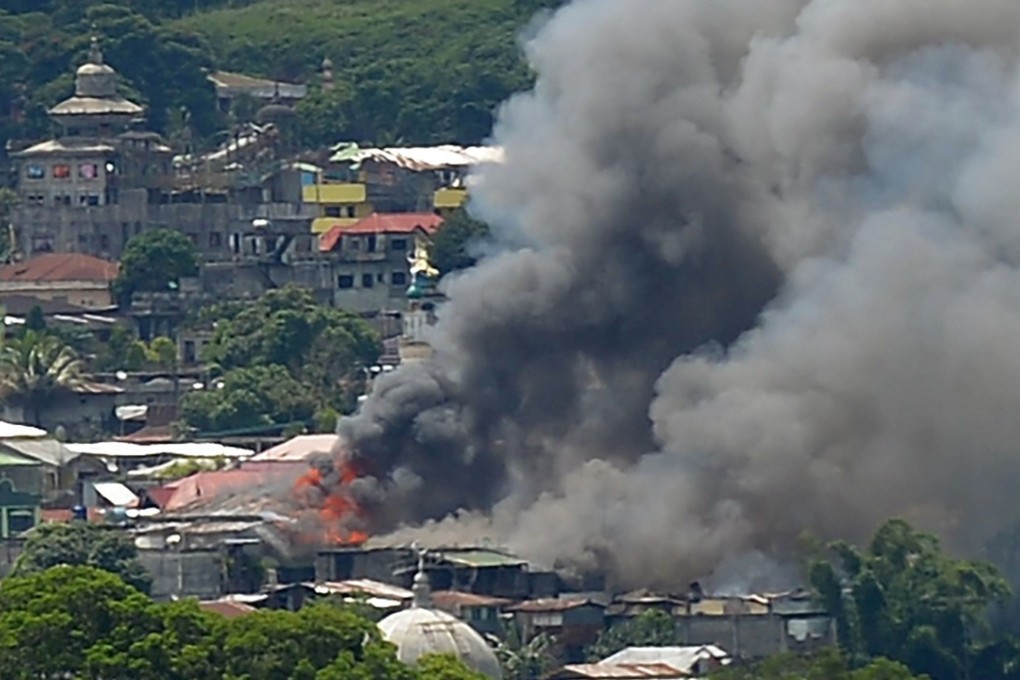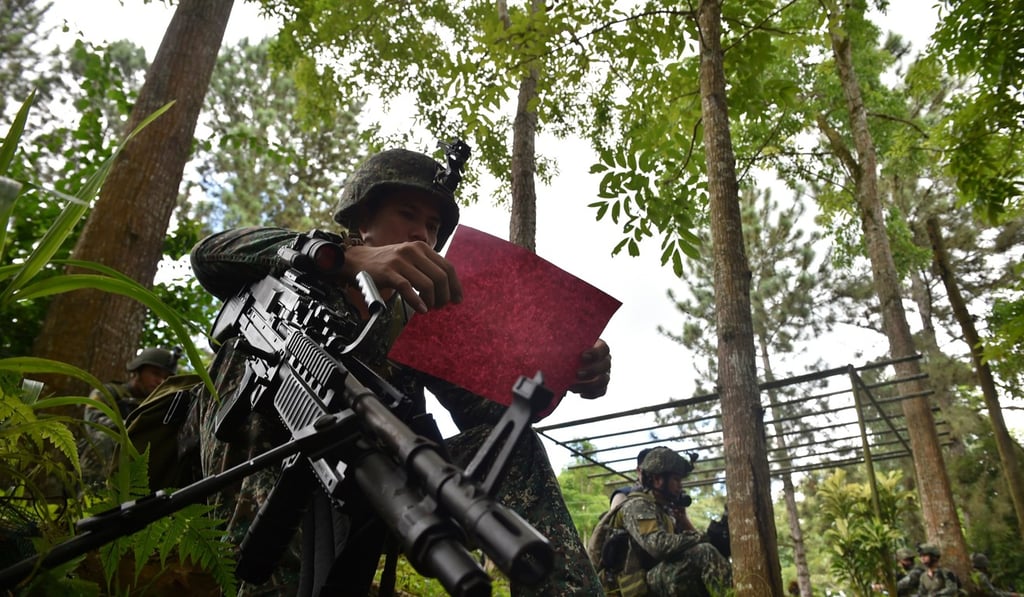Opinion | Fight in Marawi resets ties between Philippines and US
Duterte has tried to draw closer to China but unrest in the south has forced reliance on old ally

“This is really their sentiment, our soldiers are really pro-American, that I cannot deny,” lamented Philippine President Rodrigo Duterte shortly after it became clear that American Special Forces were aiding the battle to liberate Marawi from an Islamic State-affiliated group.
Duterte even suggested his generals may have unilaterally decided to seek American help without his consent, claiming: “I never approached any American.”
Since his unlikely rise to power a year ago, the tough-talking Philippine leader has vowed to end his country’s historical reliance on the US in favour of an “independent” foreign policy.

Unlike Russia and China, the United States has a long tradition of working with Philippine soldiers and enjoys significant access to the nation’s military facilities. Security cooperation is governed by a set of legal arrangements, namely the Visiting Forces Agreement, Enhanced Defence Cooperation Agreement, and the Philippine-US Mutual Defence Treaty.
